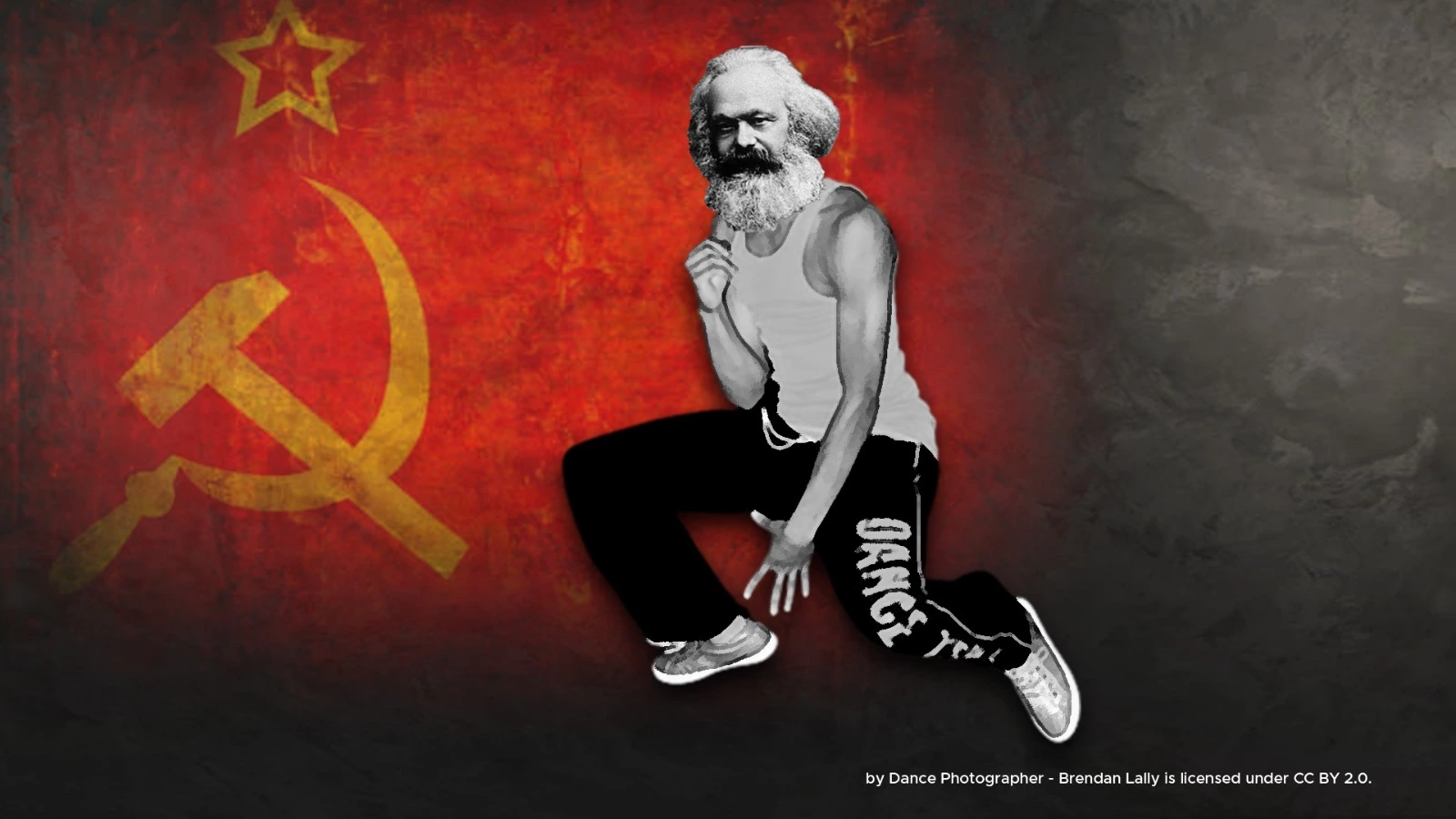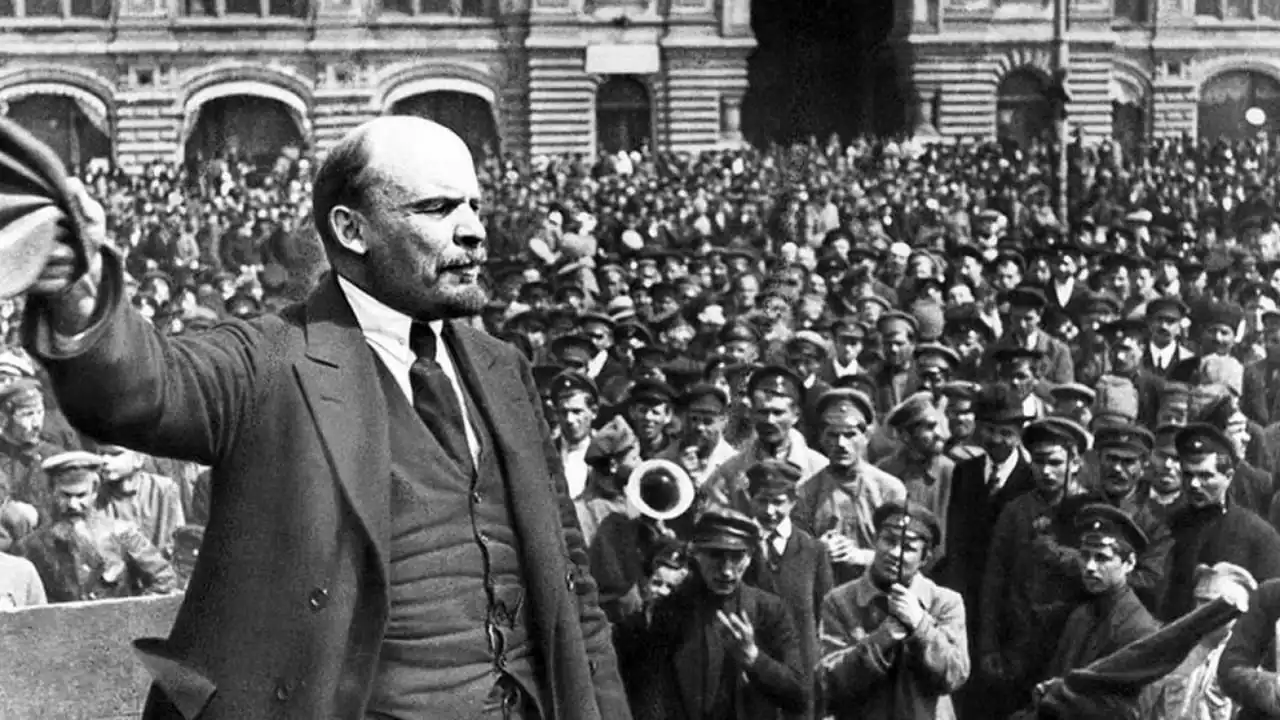Alienation was one of the most important and widely debated themes of the 20th century and Karl Marx’s theorization of this phenomenon played a key role in the creation of this concept. Yet, contrary to what one might imagine, the theory of alienation itself did not develop in a linear manner and the publication of previously unknown texts containing Marx’s reflections on alienation defined significant moments in the transformation of this theory and its dissemination on a global scale.
In the Economic and Philosophic Manuscripts of 1844, with the category of “alienated labor”, Marx not only widened the problem of alienation from the philosophical, religious, and political sphere to the economic sphere of material production but made the latter the prerequisite for any understanding and overcoming of the former. Nevertheless, the conceptualization of 1844 was only an initial and sketchy theorization of alienation, written when he was only 26 years old. Though it evolved significantly during more than two decades of research that Marx undertook before the publication of Capital. Most of the Marxist theories on alienation have been erroneously based on the incomplete observations that he wrote in the Economic and Philosophic Manuscripts of 1844, in which the importance of the concept of “self-alienation” (Selbst-Entfremdung) was definitely overestimated.
In the economic writings of 1850s and 1860s, Marx’s thoughts on alienation were far more extensive and detailed than those of his early philosophical manuscripts. Marx’s ideas contained in these texts are enhanced by the combination of the critique of alienation in bourgeois society and the description of a possible alternative to capitalism.
The Long Trajectory of the Concept of Alienation
The first systematic account of alienation was in The Phenomenology of Spirit (1807) of Georg W. F. Hegel, where the terms Entausserung (“self-externalization”), Entfremdung (“estrangement”) and Vergegenständlichung (literally: “to-make-into-an-object”) were adopted to denote Spirit’s becoming other than itself in the realm of objectivity. Alienation still featured prominently in the writings of the Hegelian Left, and Ludwig Feuerbach’s theory of religious alienation in The Essence of Christianity (1841) – that is, of man’s projection of his own essence onto an imaginary deity – contributed to the development of the concept. But it subsequently disappeared from philosophical reflection, and none of the major thinkers of the second half of the 19th century paid it any great attention. Even Marx rarely used the term in the works published during his lifetime, and the discussion on alienation was entirely absent from the Marxism of the Second International (1889–1914).
During this period, however, several thinkers developed concepts that were later associated with alienation. In his Division of Labour (1893) and Suicide (1897), Émile Durkheim introduced the term “anomie” to indicate a set of phenomena whereby the norms guaranteeing social cohesion enter into crisis following a major extension of the division of labour. Social trends concomitant with huge changes in the production process also lay at the basis of the thinking of German sociologists. Georg Simmel, in The Philosophy of Money (1900), paid great attention to the dominance of social institutions over individuals and to the growing impersonality of human relations; while Max Weber, in Economy and Society (1922), dwelled on the phenomena of “bureaucratization” in society and “rational calculation” in human relations, considering them to be the essence of capitalism. But these authors thought they were describing unstoppable tendencies of human relations, and their reflections were often guided by a wish to improve the existing social and political order – certainly not to replace it with a different one.
The rediscovery of alienation occurred thanks to Gyorgy Lukács, who in History and Class Consciousness (1923) introduced the term “reification” (Versachlichung) to describe the phenomenon whereby labor activity confronts human beings as something objective and independent, dominating them through external autonomous laws. The decisive event that revolutionized the diffusion of the concept was the appearance, only in 1932, of the Economic and Philosophic Manuscripts of 1844, a previously unpublished text from Marx’s youth, in which alienation was presented as the phenomenon through which the labor product confronts labor “as something alien, as a power independent of the producer.” Marx listed four ways in which the worker is alienated in bourgeois society: (1) by the product of his labor, which becomes “an alien object that has power over him”; (2) in his working activity, which he perceives as “directed against himself,” as if it “does not belong to him”; (3) by “man’s species-being,” which is transformed into “a being alien to him”; and (4) by other human beings, and in relation “to their labor and the object of the labor”. For Marx, unlike for Hegel, alienation was not coterminous with objectification as such, but rather with a particular phenomenon within a precise form of economy: that is, wage labor and the transformation of labor products into objects standing opposed to producers. Whereas Hegel presented alienation as an ontological manifestation of labor, Marx conceived it as characteristic of a particular epoch of production: capitalism.
On the contrary, in the early part of the twentieth century, most of the authors who addressed alienation considered it a universal aspect of life. In Being and Time (1927), Martin Heidegger approached alienation in purely philosophical terms. The category he used for his phenomenology of alienation was “fallenness” [Verfallen], that is the tendency of human existence to lose itself in the inauthenticity of the surrounding world. Heidegger did not regard this fallenness as a “bad and deplorable property of which, perhaps, more advanced stages of human culture might be able to rid themselves”, but rather as “an existential mode of Being-in-the-world,” as a reality forming part of the fundamental dimension of history.
After World War II, alienation became a recurrent theme – both in philosophy and in narrative literature – under the influence of French existentialism. But it was identified with a diffuse discontent of man in society, a split between human individuality and the world of experience, an insurmountable condition humaine. The existentialist philosophers did not propose a social origin for alienation, but saw it as inevitably bound up with all ‘facticity’ (no doubt the failure of the Soviet experience favored such a view) and human otherness. Marx helped to develop a critique of human subjugation, basing himself in opposition to capitalist relations of production. The existentialists followed an opposite trajectory, trying to absorb those parts of Marx’s work that they thought useful for their own approach, in a merely philosophical discussion devoid of a specific historical critique.
Herbert Marcuse also identified alienation with objectification as such, not with its manifestation in capitalist relations of production. In Eros and Civilization (1955), he took distance from Marx, arguing that human emancipation could be achieved only through the abolition – not the liberation – of labor and the affirmation of the libido and play in social relations. Marcuse ended up opposing technological domination in general, so that his critique of alienation was no longer directed against capitalist relations of production, and his reflections on social change were so pessimistic as to often include the working class among the subjects that operated in defense of the system.
The Irresistible Fascination of the Theory of Alienation

A decade later, the term also entered the vocabulary of North American sociology. Mainstream sociology treated it as a problem of the individual human being, not of social relations, and the search for solutions centered on the capacity of individuals to adjust to the existing order, not on collective practices to change society. This major shift of approach ultimately downgraded analysis of historical-social factors. Whereas, in the Marxist tradition, the concept of alienation had contributed to some of the sharpest criticisms of the capitalist mode of production, its institutionalization in the realm of sociology reduced it to a phenomenon of individual maladjustment to social norms. These interpretations have contributed to a theoretical impoverishment of the discourse of alienation, which – far from a complex phenomenon related to man’s work activity – became, for some sociologists, even a positive phenomenon, a means of expressing creativity. In this way the category of alienation was diluted to the point of being virtually meaningless.
In the same period, the category of alienation also found its way into psychoanalysis, where Erich Fromm used it to try to build a bridge to Marxism. Yet he laid the emphasis on subjectivity, and his notion of alienation, which he summarized in The Sane Society (1955) as “a mode of experience in which the individual experiences himself as alien” remained too narrowly focused on the individual. Fromm’s account of Marx’s concept based itself only on the Economic and Philosophic Manuscripts of 1844 and showed a lack of understanding of the specificity and centrality of alienated labor in Marx’s thought. This lacuna prevented Fromm from giving due weight to objective alienation (that of the worker in the labor process and in relation to the labor product).
In the 1960s a real vogue began for theories of alienation and the concept seemed to express the spirit of the age to perfection. In Guy Debord’s The Society of the Spectacle (1967), alienation theory linked up with the critique of immaterial production: “with the ‘second industrial revolution’, alienated consumption has become just as much a duty for the masses as alienated production”. In The Consumer Society (1970), Jean Baudrillard distanced himself from the Marxist focus on the centrality of production and identified consumption as the primary factor in modern society. The ‘age of consumption’, in which advertising and opinion polls create spurious needs and mass consensus, was ‘the age of radical alienation’. However, the popularity of the term, and its indiscriminate application, created a profound conceptual ambiguity. Within the space of a few years, alienation thus became an empty formula ranging right across the spectrum of human unhappiness – so all-encompassing that it generated the belief that it could never be modified. A real vogue began for theories of alienation, and hundreds of books and articles were published on it around the world. It was simply the age of alienation tout court. Authors from various political backgrounds and academic disciplines identified its causes as commodification, overspecialization, anomie, bureaucratization, conformism, consumerism, loss of a sense of self amid new technologies, even personal isolation, apathy, social or ethnic marginalization, and environmental pollution. The debate became even more paradoxical in the North American academic context, where the concept of alienation underwent a veritable distortion and ended up being used by defenders of the very social classes against which it had for so long been directed.
Alienation According to Karl Marx
The diffusion of Marx’s Grundrisse, a manuscript written in 1857-58 which became popular only in the early 1970s, focused attention on the way Marx conceptualized alienation in his mature writings. Its account recalled the analyses of the Economic and Philosophic Manuscripts of 1844 but was enriched by a much greater understanding of economic categories and by more rigorous social analysis. In the Grundrisse Marx more than once used the term “alienation” and argued that in capitalism: “the general exchange of activities and products, which has become a vital condition for each individual – their mutual interconnection – appears as something alien to them, autonomous as a thing. In exchange value, the social connection between persons is transformed into a social relation between things; personal capacity into objective wealth”.
The Grundrisse was not the only incomplete text of Marx’s maturity to feature an account of alienation. Five years after it was composed, “Capital, Volume 1: Book 1, Chapter VI, unpublished” (1863–64) brought the economic and political analyses of alienation more closely together. “The rule of the capitalist over the worker”, Marx wrote, “is the rule of things over human beings, of dead labor over the living, of the product over the producer”. In capitalist society, by virtue of “the transposition of the social productivity of labor into the material attributes of capital”, there is a veritable “personification of things and reification of persons”, creating the appearance that “the material conditions of labor are not subject to the worker, but he to them”.
This advance compared to the early philosophical writings is evident also in a famous section of Capital (1867): “The Fetishism of the Commodity and Its Secret”. For Marx, in capitalist society, relations among people appear not “as direct social relations between persons ... but rather as material relations between persons and social relations between things”. This phenomenon is what he called “the fetishism which attaches itself to the products of labor as soon as they are produced as commodities and is therefore inseparable from the production of commodities”. Commodity fetishism did not replace the alienation of his early writings. In bourgeois society, Marx held, human qualities and relations turn into qualities and relations among things. This theory of what Lukács would call reification illustrated this phenomenon from the point of view of human relations, while the concept of fetishism treated it in relation to commodities.
The diffusion of all these writings of Marx paved the way for a conception of alienation different from the one then hegemonic in mainstream sociology and psychology. It was a conception geared to the overcoming of alienation in practice – to the political action of social movements, parties and trade unions to change the working and living conditions of the working class. The publication of what – after the Economic and Philosophic Manuscripts of 1844 in the 1930s – may be thought of as the “second generation” of Marx’s writings on alienation therefore provided not only a coherent theoretical basis for new studies of alienation, but above all an anti-capitalist ideological platform for the extraordinary political and social movement that exploded in the world during those years. Alienation left the books of philosophers and the lecture halls of universities, took to the streets and the space of workers’ struggles, and became a critique of bourgeois society in general.
During the last decades, the world of labor has suffered an epochal defeat, and the Left is still in the midst of a deep crisis. After neoliberalism, we have returned to an exploitative system, similar from many points of view to that of the nineteenth century. Of course, Marx cannot give an answer to many contemporary problems but he does pinpoint the essential questions. The rediscovery of Marx’s most relevant thoughts on alienation, in a society dominated by market and competition among individuals, provides a still indispensable critical tool for both understanding the past and the critique of capitalism today.
Marcello Musto is Professor of Sociology at York University (Toronto – Canada). His writings – available at www.marcellomusto.org – have been published worldwide in twenty-five languages.






